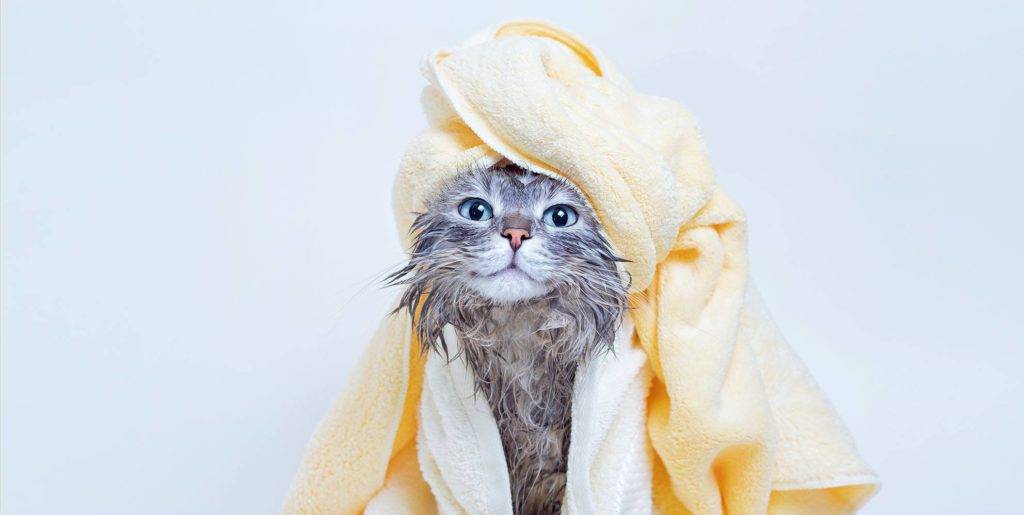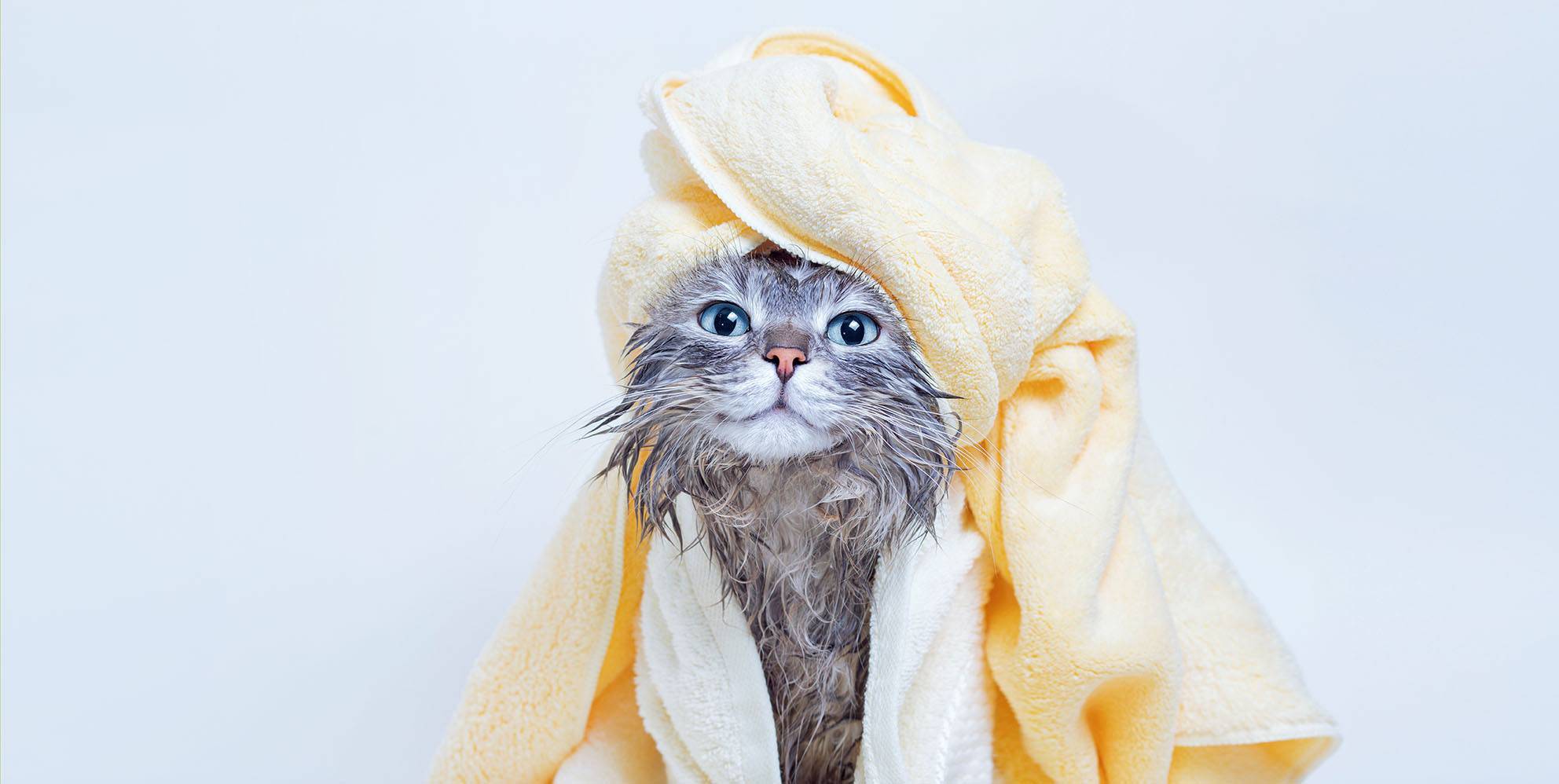When it comes to keeping our homes clean and tidy, dishwashing liquids like Fairy Liquid often play a vital role. However, as pet owners, it is crucial to be aware of the potential risks these products may pose to our beloved feline companions. In this article, we will explore the question: Is Fairy Liquid safe for cats? While Fairy Liquid can be used safely with proper precautions, it is important to understand the potential hazards and take necessary steps to protect our cats’ well-being. By being informed and proactive, we can ensure a clean environment without compromising the safety of our furry friends.


Can I Wash My Cat With Fairy Liquid?
Fairy Liquid, a popular brand of dishwashing liquid, is generally safe for cats when used properly. However, it is important to exercise caution and take certain precautions to ensure the safety of your feline companion.
Fairy Liquid and other similar dishwashing liquids contain various chemicals and detergents that can be harmful to cats if ingested in large amounts. Cats have a habit of grooming themselves by licking their fur, and if they come into contact with the dishwashing liquid residue, they may inadvertently ingest it. This can lead to digestive issues, irritation of the mouth and throat, and potentially more serious health problems.
To minimize the risk of harm to your cat, it is crucial to keep them away from freshly washed dishes or surfaces that have been treated with Fairy Liquid. Ensure that all dishes are thoroughly rinsed after washing to remove any traces of the detergent. Additionally, store your cleaning products in a secure place that is inaccessible to your cat to prevent accidental exposure.
If, by chance, your cat does come into contact with Fairy Liquid or any other dishwashing liquid, monitor them closely for any signs of distress or discomfort. Symptoms of ingestion may include drooling, vomiting, diarrhea, difficulty breathing, or excessive lethargy. If you notice any of these symptoms or suspect that your cat has ingested a significant amount of the detergent, it is crucial to contact your veterinarian immediately.
In summary, while Fairy Liquid is generally safe for cats if used properly, it is important to be cautious and take preventive measures to protect your feline companion. Keep your cat away from freshly washed dishes, ensure thorough rinsing, and store cleaning products securely. If accidental exposure occurs, monitor your cat closely and seek veterinary assistance if necessary. By prioritizing your cat’s safety and taking these precautions, you can minimize the potential risks associated with dishwashing liquids.
Safe Alternatives for Washing Your Cat
When it comes to washing your cat, it’s important to choose safe alternatives to ensure their well-being and minimize any potential risks. While cats are generally adept at self-grooming, there may be instances where a bath becomes necessary, such as when they have gotten into something sticky or dirty. Here are a few safe alternatives for washing your cat:
- Waterless Shampoos: Waterless shampoos are specifically formulated for cats and offer a convenient way to clean their fur without the need for water. These shampoos come in a spray or foam form and can be applied directly to your cat’s coat. They are designed to remove dirt, oil, and odors while leaving the fur fresh and clean.
- Cat Wipes: Cat wipes are gentle, pre-moistened wipes designed for cleaning your cat’s fur. They are particularly useful for spot cleaning and freshening up your cat’s coat between baths. Look for wipes that are specifically made for cats, as they are formulated with non-toxic ingredients and are safe for feline use.
- Mild Baby Shampoo: If you must use water to wash your cat, opt for a mild, fragrance-free baby shampoo. Dilute the shampoo with water according to the instructions, and make sure to rinse your cat thoroughly to remove any residue. It’s essential to be cautious and avoid getting shampoo in your cat’s eyes or ears.
- Professional Groomer: If you are uncertain about washing your cat yourself or if your cat has specific grooming needs, consider taking them to a professional groomer. Groomers are experienced in handling cats and have the necessary tools and products to clean and groom your cat safely.
Remember, cats are generally fastidious groomers and may not require frequent baths. It’s crucial to consult with your veterinarian before bathing your cat and to follow their guidance regarding the best approach for your individual cat’s needs. Additionally, always prioritize your cat’s safety, comfort, and stress levels during the grooming process.
Are Cow Feet High In Cholesterol?
What to do When Your Zojirushi Rice Cooker Gets an H01 or H02 Error Code
What does it mean when a lizard poops on you?
What is the meaning of 18 bills in a debut?
What is the most expensive item on TF2?
Are lubber grasshoppers poisonous to dogs?
Ice JJ Fish Net Worth
This story originally appeared on Mostexpensivething

